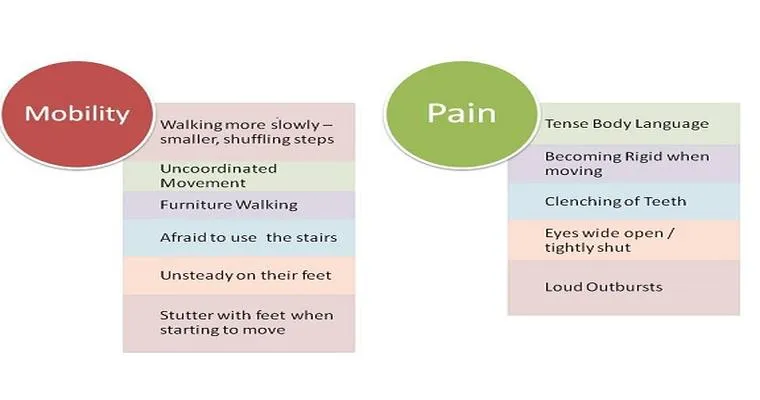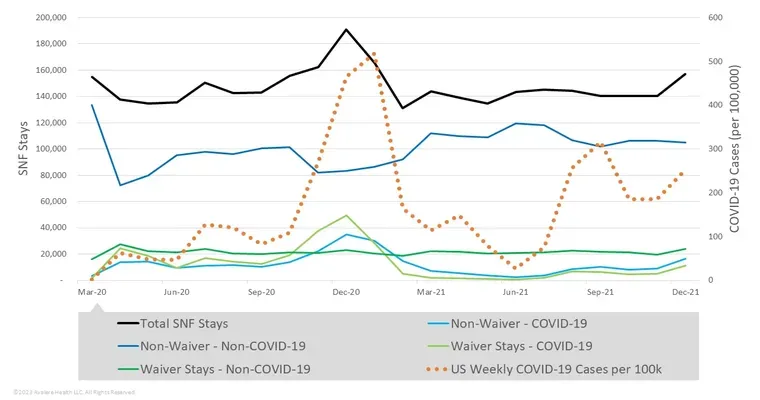Caring for a loved one with "dementia" can be a challenging journey, especially when faced with situations like being asked to leave "Memory Care" due to "disruptive behavior" at night. It is not uncommon for individuals with dementia to exhibit such behaviors, which can be distressing for both the caregivers and the residents. If your mother is facing this situation, it is important to explore various options and approaches that can help ensure her safety and well-being.
First, it may be beneficial to understand the underlying causes of your mother's disruptive behavior. Nighttime disturbances can stem from various factors, including confusion, anxiety, or even physical discomfort. By identifying these triggers, you can work with the Memory Care staff to develop strategies that may help mitigate her nighttime disruptions. This could include creating a calming bedtime routine, ensuring she is comfortable and well-hydrated, or providing reassurance before sleep.
If the Memory Care facility is unable to accommodate your mother's needs, consider seeking a "specialized Memory Care" center that focuses on residents with similar challenges. Some facilities have programs specifically designed for individuals who exhibit nighttime behaviors. These centers often employ staff trained to handle such situations with compassion and expertise, which can lead to a more positive living environment for your mother.
Another option is to explore "in-home care services". This allows your mother to remain in a familiar environment while receiving the personalized care she needs. In-home caregivers can provide companionship, monitor her behavior, and ensure her safety during the night. This can be particularly beneficial if she feels more secure in her own home, reducing anxiety and potential disruptive behavior.
If relocating to another Memory Care facility or hiring in-home care is not feasible, you might consider seeking support from a "geriatric care manager". These professionals can help assess your mother's needs and work with you to find appropriate resources and solutions. They can also facilitate communication with healthcare providers to explore potential medical interventions that may alleviate her disruptive behavior.
Additionally, engaging in "support groups" for families of those with dementia can provide valuable insights and shared experiences. Connecting with others who are facing similar challenges can offer emotional support and practical advice on managing disruptive behaviors.
In conclusion, while being asked to leave Memory Care due to disruptive behavior can feel overwhelming, there are several options available to ensure your mother's continued care and comfort. By understanding the causes of her behavior and exploring alternative care arrangements, you can advocate for her needs and find a suitable solution that prioritizes her safety and well-being. Remember, you are not alone in this journey, and seeking help from professionals and support networks can make a significant difference in navigating the complexities of dementia care.





